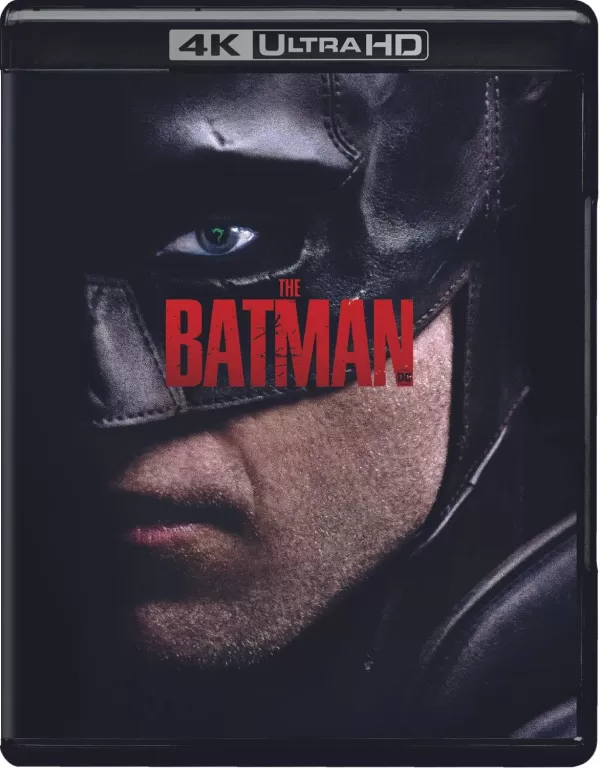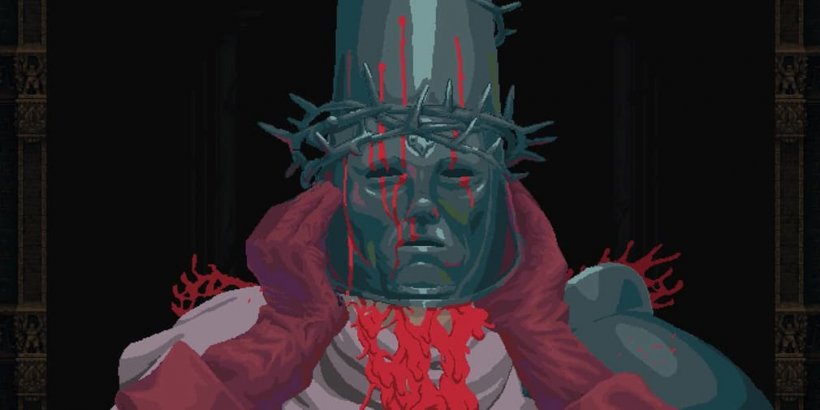"Remakes Key to Bethesda's Revival, Oblivion Shows"
By Azura, by Azura, by Azura – the rumors were true. Yesterday, Bethesda set the gaming world ablaze by finally unveiling Virtuos’ remaster (or is it really a remake?) of The Elder Scrolls IV: Oblivion. An ‘Elder Scrolls Direct’ event culminated in a surprise shadow-drop, which almost immediately led to hundreds of thousands of concurrent players. This global surge of excitement and celebration feels like a much-needed respite amidst the challenges Bethesda Game Studios has faced in recent years. From managing the fallout of Fallout 76’s troubled launch to the lukewarm reception of their latest sci-fi venture, Starfield, the studio’s recent projects have left fans wondering: Has Bethesda lost its touch? With fierce competition from RPGs like Larian Studios’ Baldur’s Gate 3 and Obsidian’s The Outer Worlds, both hailed as spiritual successors to Elder Scrolls and Fallout, the pressure is on. While Elder Scrolls 6 and Fallout 5 are still years away, this re-release of Oblivion could be a strategic move to rekindle the magic – albeit in an unexpected way.
At its zenith, Bethesda Game Studios was the undisputed leader in the RPG genre. In 2020, leaked Microsoft FTC documents revealed that Fallout 4 had sold an impressive 25 million units, with over 5 million sold in its first week alone according to VGChartz. In 2023, Todd Howard announced that Skyrim had surpassed 60 million sales, though its numerous re-releases likely contributed to this figure. In contrast, Starfield has only managed to sell just over three million units a year and a half after its launch. Even factoring in Game Pass subscribers and the absence of a PlayStation version, these numbers represent a significant underperformance for Bethesda. Despite a dedicated fanbase, Starfield's community is smaller compared to those of The Elder Scrolls and Fallout, and even they have expressed dissatisfaction with the game's first expansion, Shattered Space.
This leaves Bethesda with a substantial challenge. With The Elder Scrolls 6 still "years away" and Fallout 5 merely a distant rumor, how can this once-iconic developer re-engage its fanbase? The answer may lie in revisiting its storied past.
Rumors of the Elder Scrolls IV: Oblivion remaster surfaced in September 2023, following the leak of Microsoft documents that unveiled several unannounced Bethesda projects, including a remaster of the 2006 classic (another intriguing remaster was also hinted at – more on that later). The buzz continued until January 2025, when a former Virtuos employee leaked additional details, sparking debates among Elder Scrolls fans about their legitimacy, reminiscent of the Stormcloaks vs. the Imperials divide. Finally, last week, the floodgates opened (albeit prematurely), igniting the internet – there were over 6.4 million Google searches for ‘The Elder Scrolls IV: Oblivion’, a 713% increase in the last week alone. At its peak, Bethesda's reveal livestream attracted over half a million viewers. Despite the leaks (or perhaps because of them), more than 600,000 people tuned in to see a 19-year-old game re-revealed. The intense demand to play the remaster caused websites like CDKeys to crash, and slowed down Fanatical and Green Man Gaming. As of yesterday, Steam reported 125,000 concurrent players, with the game topping the best-seller list. The fervor among Bethesda fans for Oblivion is as intense as the flames that pour from the Oblivion gates.
The message from players is unmistakable: if you (re)build it, they will come. What better way to keep fans engaged during these long development cycles than to invite them back to the enchanting realms of Morrowind or the desolate landscapes of the East Coast? From a commercial perspective, this strategy is sound. While Bethesda's primary team focuses on new, long-term projects, trusted partners like Virtuos can use existing blueprints to create remasters in a shorter timeframe. These remasters tap into established fanbases and introduce a new generation to the rich worlds of Tamriel and the post-apocalyptic ruins of Las Vegas and D.C.
Bethesda has previously leveraged its catalog effectively. During the first season of the Fallout TV show on Prime Video, Fallout 4 was discounted by up to 75%, accompanied by a timely next-gen update that incorporated elements from the show. As a result, Fallout 4 sales surged by over 7,500% in Europe alone, despite the game being nearly a decade old.
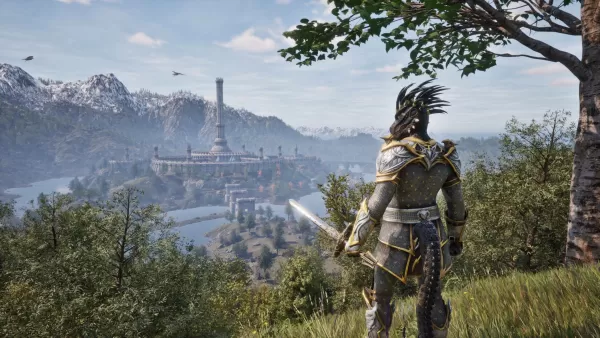 Oblivion Remastered offers a journey to the past that feels like the future. Image credit: Bethesda / Virtuos
Oblivion Remastered offers a journey to the past that feels like the future. Image credit: Bethesda / Virtuos
Looking back at Microsoft’s leaked Bethesda roadmap, many noticed a planned Fallout 3 remaster slated to follow Oblivion two years later. Although the original timelines have shifted – Oblivion was initially slated for fiscal year 2022 – if the gaps between releases remain consistent, a Fallout 3 remake could be expected in 2026, coinciding with the second season of the Fallout TV series. Given the show’s first season echoed the vibe and aesthetic of Fallout 4, could Bethesda be planning an even more strategic move with a New Vegas remake to align with the show’s second season, which is set in New Vegas? After shadow-dropping Oblivion, it’s not beyond the realm of possibility that a New Vegas Remastered trailer awaits us at the end of Fallout Season 2’s finale.
The message from players is unmistakable: if you (re)build it, they will come. However, if there’s one game in Bethesda’s catalog that truly deserves a remake, it’s The Elder Scrolls III: Morrowind. For years, Elder Scrolls enthusiasts have clamored for this, with some dedicated fans even remaking Morrowind using Skyrim’s tools, as seen in projects like Skyblivion. Yet, remaking Morrowind poses unique challenges. It stands at the crossroads of Bethesda’s evolution, built differently from what we now expect of an Elder Scrolls game. It’s only partially voiced, with most of the story conveyed through text, no quest markers (forcing players to jot down directions from NPCs), and lacking modern combat physics. While Virtuos successfully revamped some of Oblivion’s more cumbersome systems, Morrowind itself is a complex system. Its charm lies in its quirks, but these same quirks make it difficult to modernize. Remaking Morrowind is a delicate balancing act – modernize too much, and you risk diluting its unique essence; retain too many outdated elements, and it might feel as frustrating as a severe skooma hangover.
When a studio becomes synonymous with a gaming sub-genre, the challenge is to innovate while retaining its audience. Rockstar Games has kept Grand Theft Auto fans engaged for over a decade with the ever-evolving GTA Online, which supports the rumored hefty budget for GTA 6. Bethesda’s forte is crafting expansive, detailed single-player worlds – something that Elder Scrolls Online and Fallout 76 have struggled to replicate. However, the overwhelming response to Virtuos’ Oblivion remaster demonstrates that gamers are eager to revisit Bethesda’s classic titles. Not every remaster guarantees success – as evidenced by Rockstar’s GTA Definitive Editions – but for Bethesda, breathing new life into old classics could be the path to reclaiming its crown as the king of modern RPGs.
-
Amazon's exciting 3 for $33 4K Blu-ray promotion continues to be a hit among physical media enthusiasts looking to expand their movie libraries.I'd like to highlight several must-have comic book films available in this sale, including what many consiAuthor : Zoe Dec 31,2025
-
Skybound Entertainment unveiled its upcoming Invincible fighting game, titled InvincibleVS, during today's Xbox Games Showcase 2025. This 3v3 tag fighting game brings together beloved characters from the popular comics and animated series, such as MaAuthor : Zoey Dec 30,2025
-
 Age of TribesDownload
Age of TribesDownload -
 Cooking CenterDownload
Cooking CenterDownload -
 Gangster City: Hero vs MonsterDownload
Gangster City: Hero vs MonsterDownload -
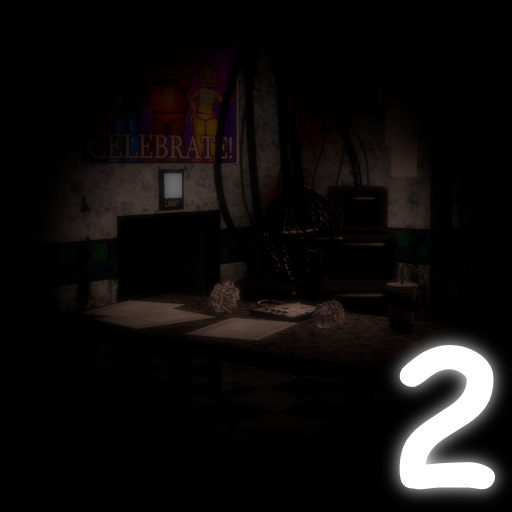 Animatronic Simulator 2Download
Animatronic Simulator 2Download -
 Pakistan League Cricket GamesDownload
Pakistan League Cricket GamesDownload -
 BC Monster Dinosaurs That Time Forgot Slots FREEDownload
BC Monster Dinosaurs That Time Forgot Slots FREEDownload -
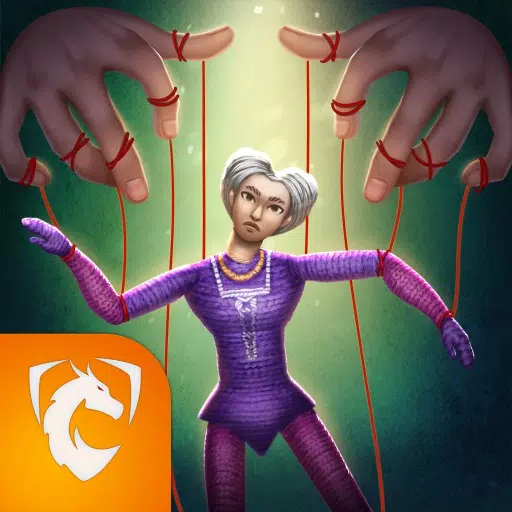 Hidden Escape Room MysteriesDownload
Hidden Escape Room MysteriesDownload -
 Pyramid Solitaire MobileDownload
Pyramid Solitaire MobileDownload -
 SatatDownload
SatatDownload -
 Super Police Car Parking 3DDownload
Super Police Car Parking 3DDownload
- STALKER 2: Heart of Chornobyl - All Endings (& How to Get Them)
- Steampunk RPG Eldgear Unveiled by KEMCO
- Metaphor: ReFantazio - Complete Bond Guide
- NYT Hints and Answers: Guide to January 10, 2025
- Discover the Artifacts in Stalker 2: Locations and Acquisition
- Mushroom Go! Unleashes Co-op Dungeon Adventure for Fungi Fans

